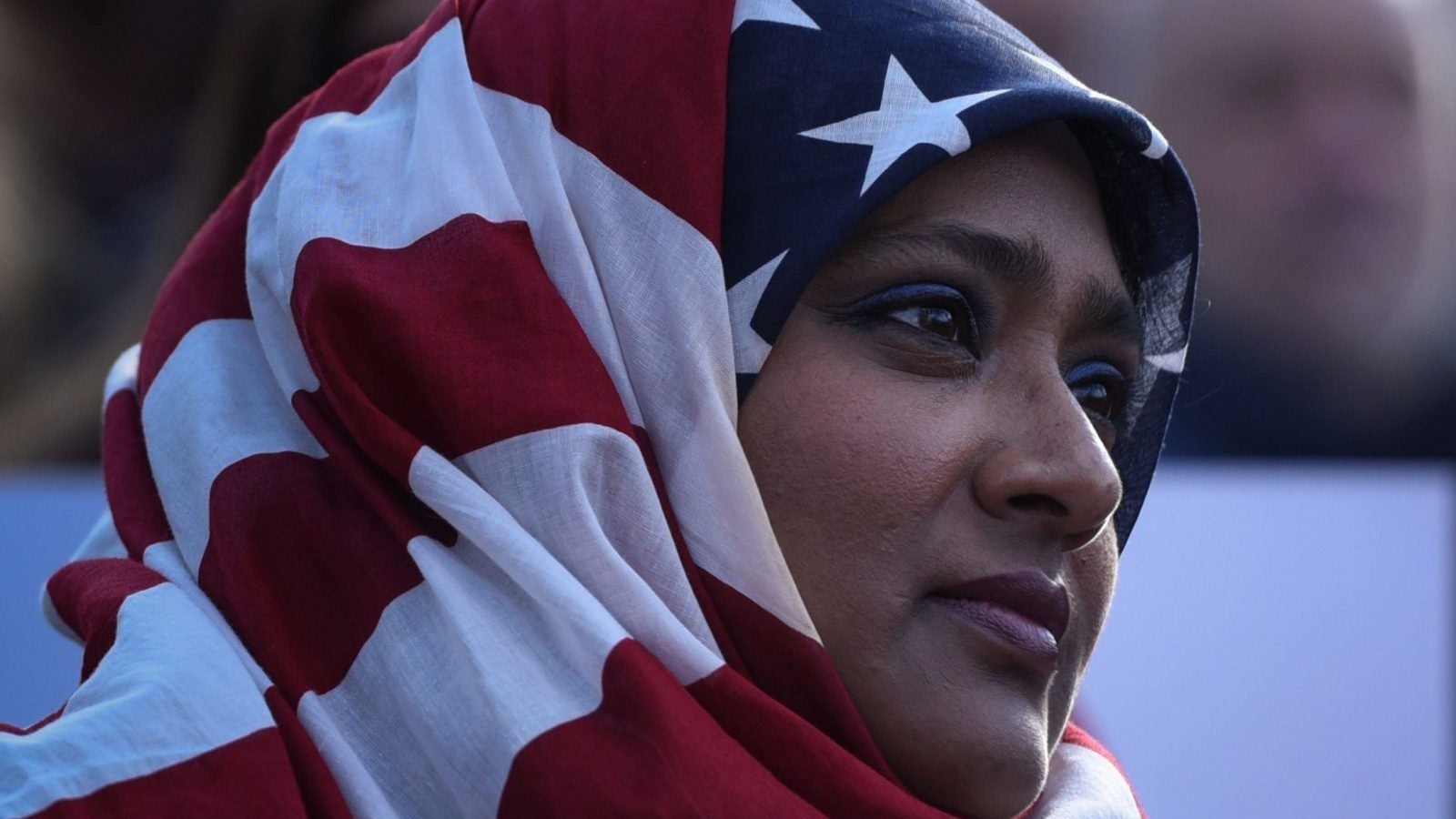This speech about American history will change the way you think about identity politics
The US celebrated the 242nd anniversary of its independence this week, roiled by fallout from the Trump administration’s family-separations policy at the same time it considers long-simmering questions over addressing its racial history and confronts the world with an isolationist trade policy.


The US celebrated the 242nd anniversary of its independence this week, roiled by fallout from the Trump administration’s family-separations policy at the same time it considers long-simmering questions over addressing its racial history and confronts the world with an isolationist trade policy.
At heart of the debate is the question of identity—of us and them. Why is identity so often a source of conflict? Jelani Cobb, a professor of journalism at Columbia University and a staff writer for The New Yorker, suggests the answer goes all the way back to founding of the republic.
“The question of ‘We, the people’ has been our ongoing and unresolved conflict in American identity,” Cobb said at a Chautauqua Institute talk in western New York. “We’ve never sufficiently understood and defined who is included in that term.” Ever since Thomas Jefferson’s passage famously decrying the transatlantic slave trade in the Declaration of Independence was cut, American democracy has been characterized by a boom-and-bust cycle, Cobb said. “An expanding concept of ‘we,’” followed by “a contracting, fearful idea of who ‘we’ should be.”
Identity politics—and a cycle of progress, followed by backlash— have shaped the course of US history. The Civil War was followed by Reconstruction—in which more than 2,000 African-Americans were elected to political office—which was followed by the repressive Jim Crow era. The US has vacillated between opening its borders to immigrants and lashing out against them, from an 1882 law that forbade Chinese immigrants from entering to turning away boats filled with Jewish refugees during World War II. And the past 10 years have seen both the election of the first black US president and the ensuing rise of political movements centered on the idea that the white identity is under threat.
“Why is identity so frequently a cause of conflict?” Cobb asked. “The most safe answer I can give is that we have yet to triumph over the most narrow sense, the most zero-sum understanding of who we are. We have yet to permanently enshrine a concept of democracy that sees itself as enriched by the presence and success of others.”
It’s a diagnosis familiar across the world. This week alone, news outlets reported on Denmark’s severe new measures cracking down on “ghettos” populated by Muslim immigrants, while Theresa May is fighting with her own ministers of just how European Britain should be after Brexit. Europe itself stands totally divided over immigration. The German government almost fell over the issue, while Italy and Austria embrace an ever-narrower conception of what it means to be Italian or Austrian.
If Cobb is right, one lesson is that while we’re going through a period of bust at the moment, we should look forward to a period of boom—an “expanding” of the concept of “we.” How soon that will happen is anyone’s guess.